DuMOR Advanced Diet Guinea Pig Food, 8 lb.
DuMOR Advanced Diet Guinea Pig Food features deluxe seeds, grains, fruits and vegetables. The formula is fortified with vitamins C and E to promote your pet’s skin, coat and immune health, and it contains alfalfa and Timothy hay to help with digestion. This premium guinea pig food comes in an 8 lb. resealable bag for your convenience. Satisfaction guaranteed.
DuMOR Advanced Diet Guinea Pig Food features deluxe seeds, grains, fruits and vegetables. The formula is fortified with vitamins C and E to promote your pet’s skin, coat and immune health, and it contains alfalfa and Timothy hay to help with digestion. This premium guinea pig food comes in an 8 lb. resealable bag for your convenience. Satisfaction guaranteed.
- Complete feed for pet guinea pigs featuring deluxe seeds, grains, fruits and vegetables
- Contains alfalfa and Timothy hay for a good source of digestible fiber
- Fortified with vitamins C and E to support healthy skin, coat and immune system
- Made with probiotics to support healthy digestion
- Resealable bag helps keep the guinea pig food fresh
- Made in USA
- Includes 8 lb. of guinea pig food
- Satisfaction guaranteed
- Note: Don’t forget the hay – fiber is vital to the normal function of the digestive system in guinea pigs; it is recommended that fresh grass hay such as Timothy hay, make up the bulk of the diet for guinea pigs
Additional information
| Food Packaged Weight Range | Up to 10 lb |
|---|---|
| Life Stage | Adult |
| Packaged Height | 13 in. |
| Packaged Length | 5 in. |
| Packaged Weight | 8 lb. |
| Packaged Width | 10.52 in. |
| Special Diets | Nutrient Enriched |
| Manufacturer Part Number | 1030057 |

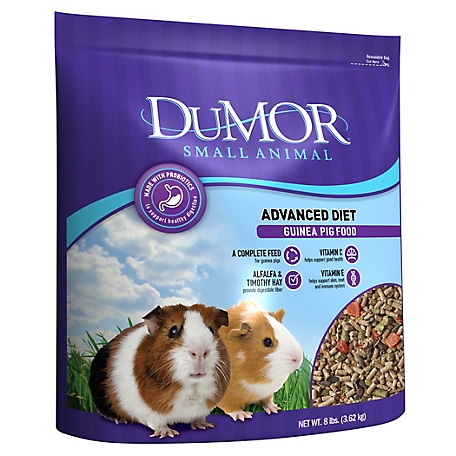
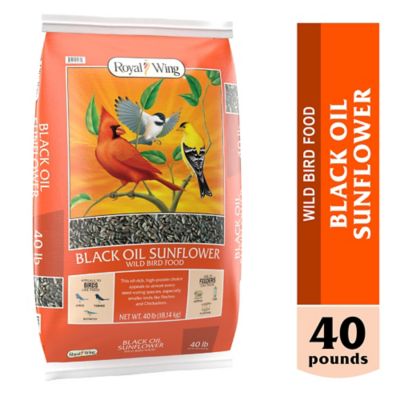
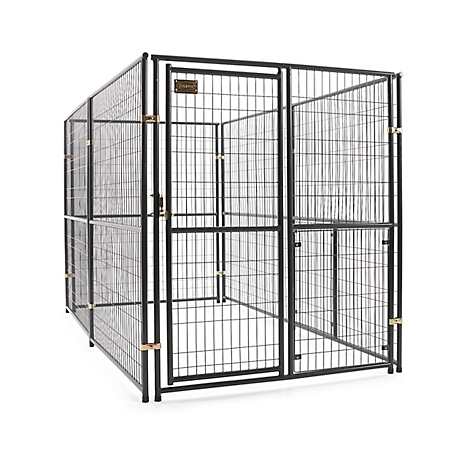
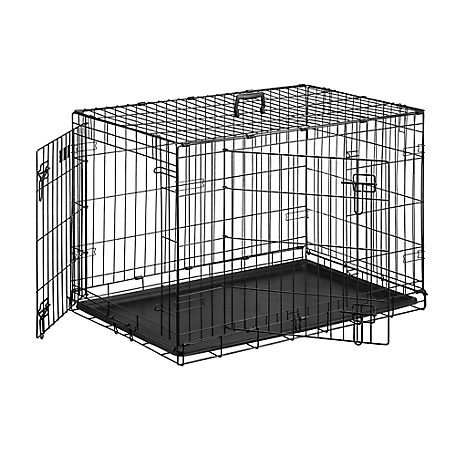


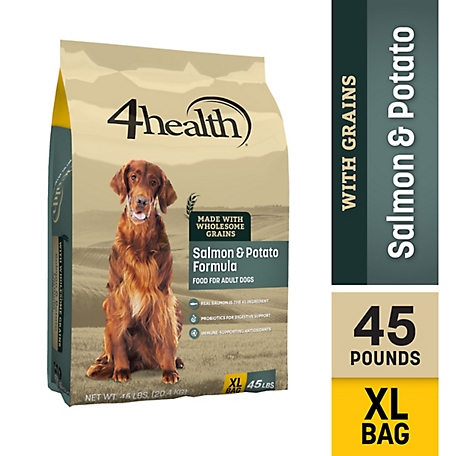

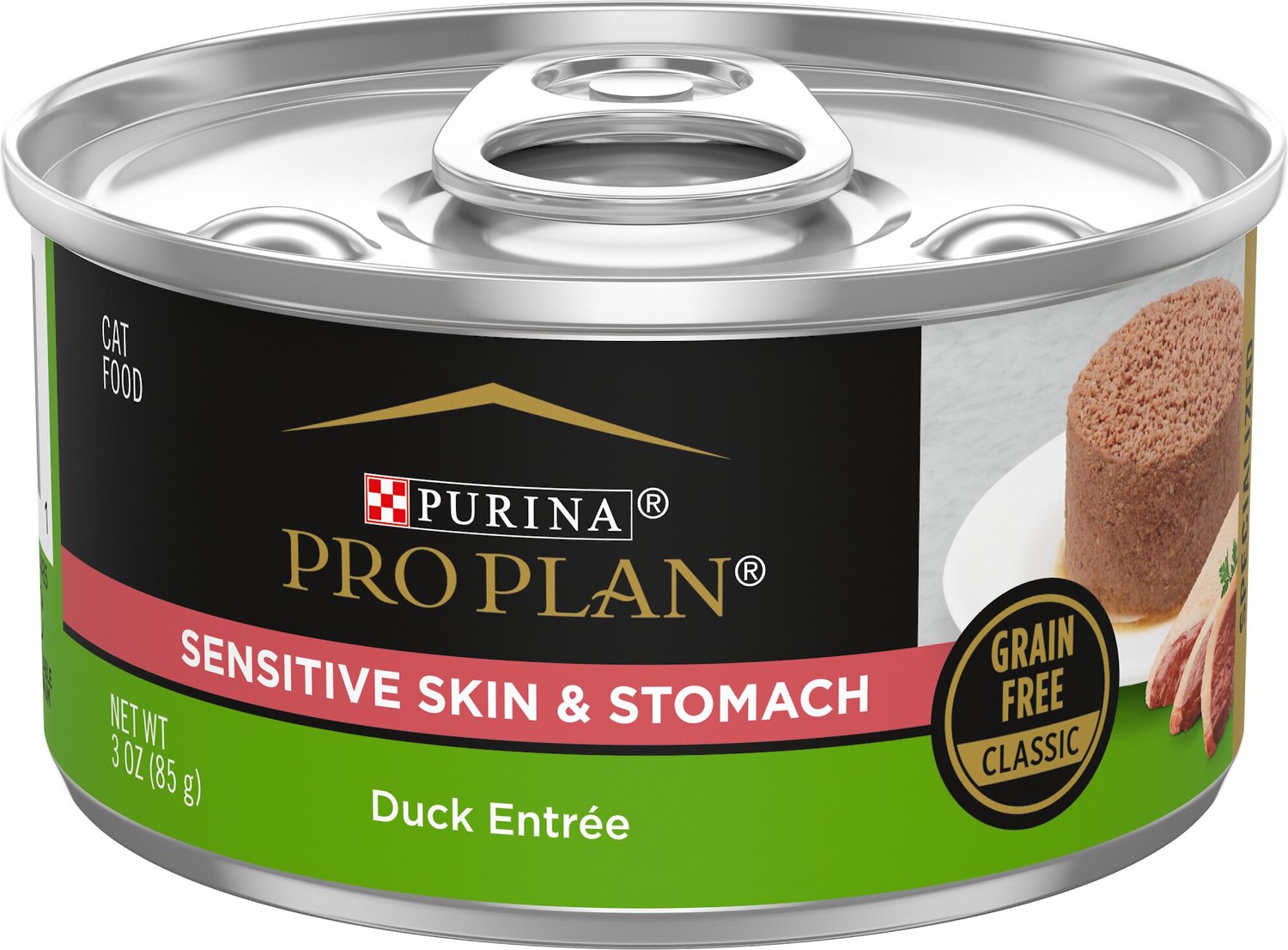
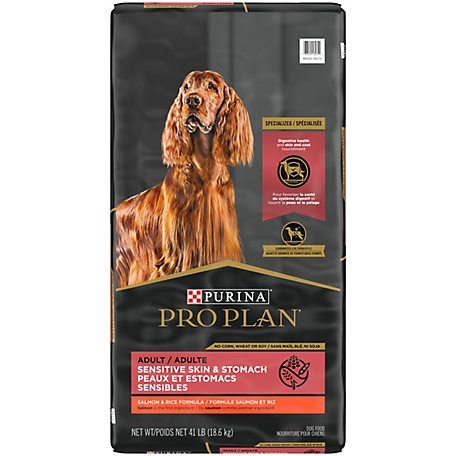
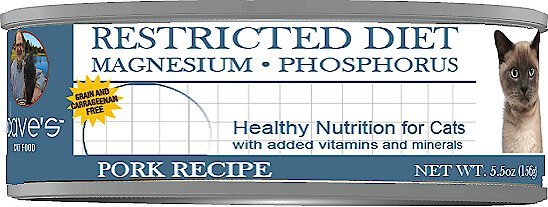
by Stacy
Both my piggins LOVE this food. Such a variety with seeds , pellets etc.
by Sarah
No complaints from our guineas. They seem to enjoy it and stay healthy.
by John
Our little piggies are squealing with delight